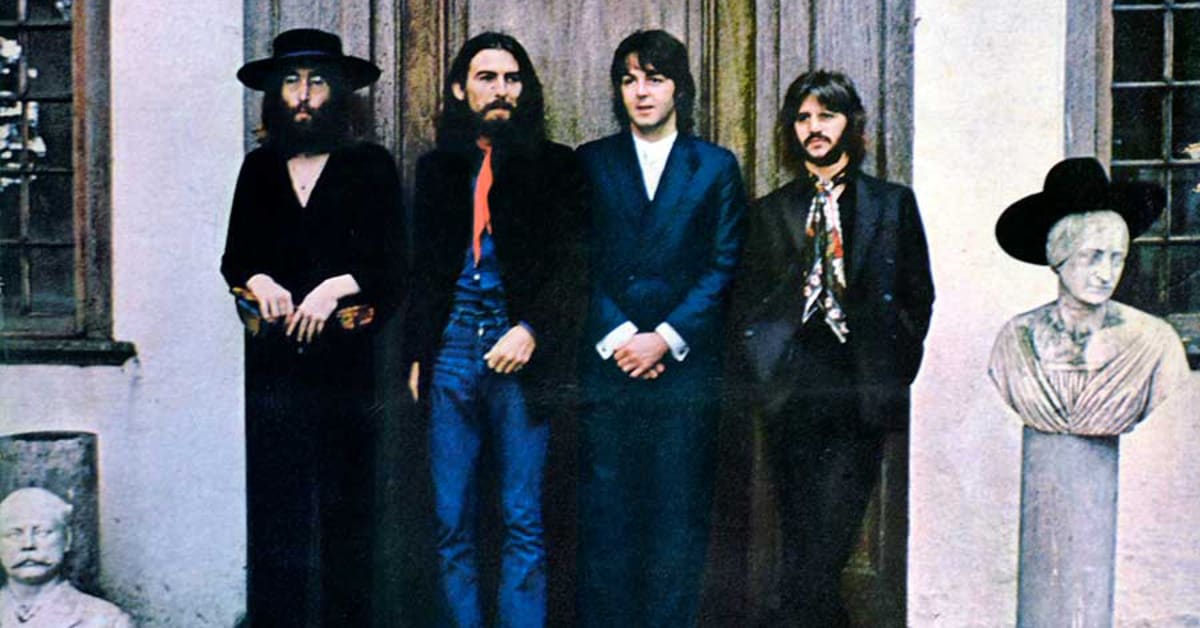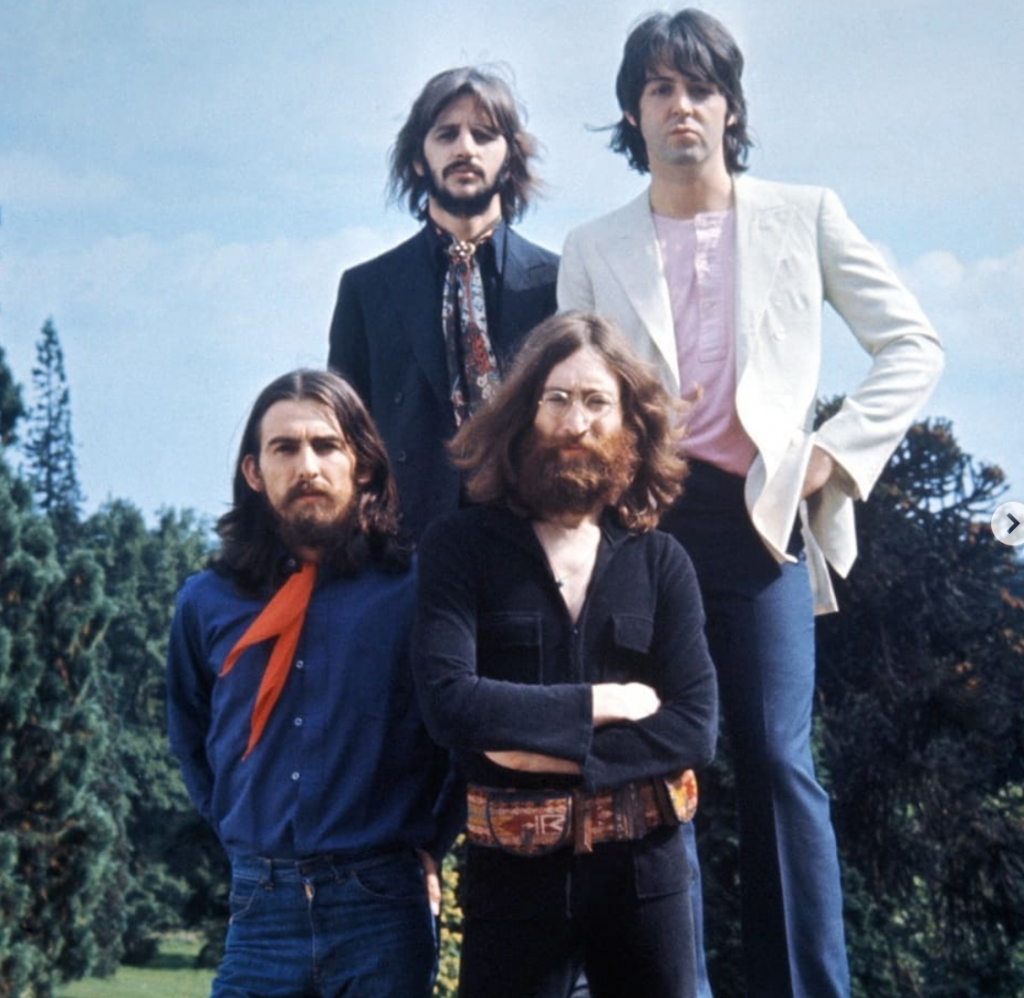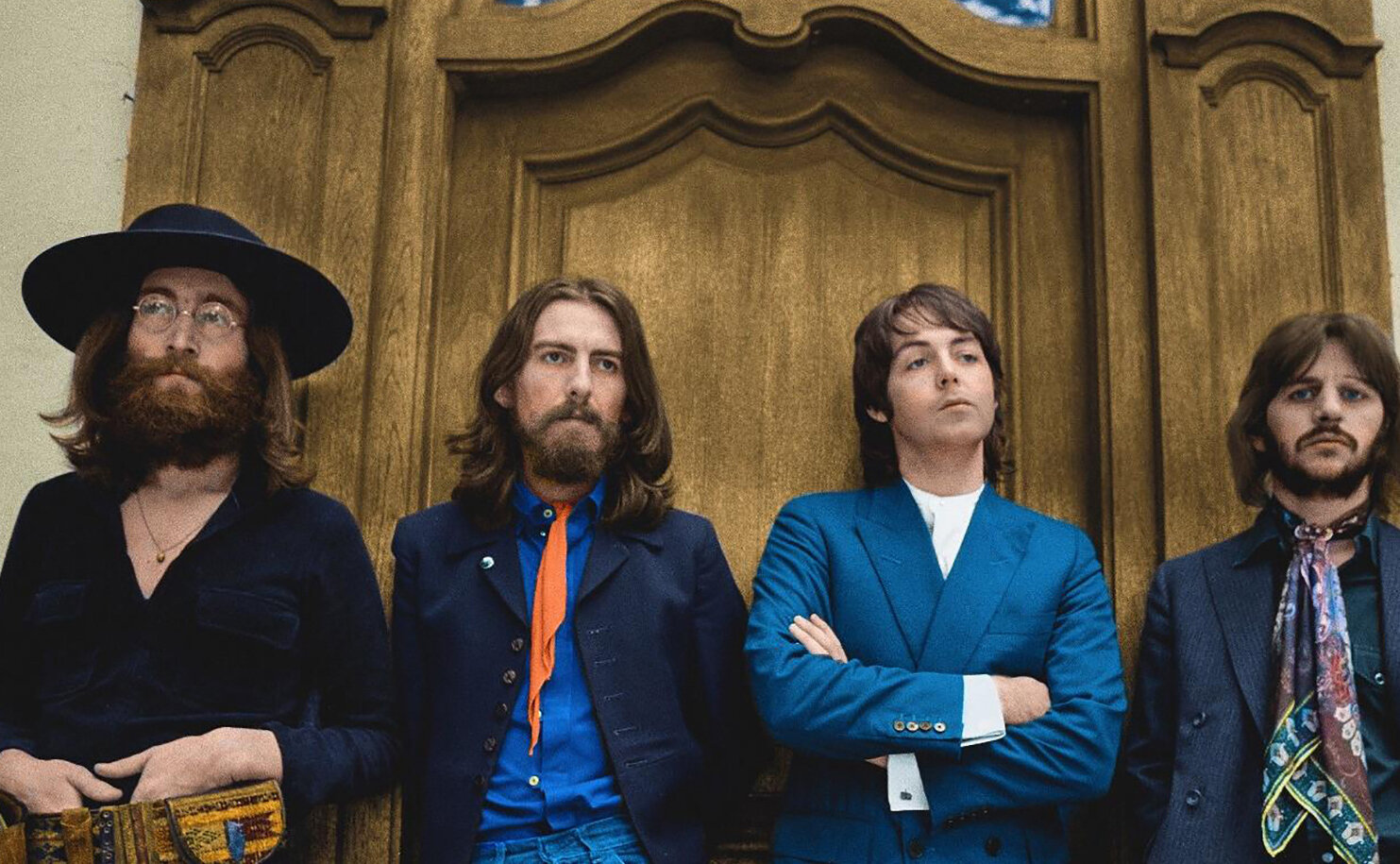“Hey Jude” – The Beatles

“Hey Jude” is one of The Beatles’ most enduring and iconic songs, released in 1968. Here’s a detailed look at this classic track:
Overview
- Artist: The Beatles
- Single Release: August 1968
- Album: Released as a single; not included on an original studio album but later on compilations.
- Genre: Rock, Pop
- Length: 7:11
Musical Style
“Hey Jude” is known for its uplifting and anthemic quality. The song features a simple, yet powerful melody with Paul McCartney’s soulful vocals leading the way. The track starts with a soft piano introduction and gradually builds to an epic, sing-along coda. Its structure is unconventional for its time, with an extended fade-out that became one of its most memorable features.
Lyrics and Theme
The lyrics of “Hey Jude” were written by Paul McCartney to comfort John Lennon’s son, Julian, during his parents’ divorce. The original title was “Hey Jules,” which was later changed to “Hey Jude.” The song’s lyrics offer words of encouragement and hope, with the chorus urging, “Hey Jude, don’t make it bad, take a sad song and make it better.” The theme revolves around overcoming difficult times and finding solace and strength.
Cultural Impact
“Hey Jude” was a massive hit for The Beatles, reaching No. 1 on the Billboard Hot 100 chart and staying there for nine weeks. It also topped the charts in several other countries and is considered one of the band’s signature songs. Its uplifting message and sing-along quality have made it a timeless favorite among fans and a staple of classic rock radio.
Fun Fact
The song’s extended coda features a repetitive, chant-like chorus that encouraged audience participation during live performances. Despite being released as a single without a designated B-side, “Hey Jude” became one of The Beatles’ most commercially successful and critically acclaimed songs.
Legacy
“Hey Jude” remains one of The Beatles’ most beloved songs and is frequently included in retrospectives of their greatest hits. Its message of comfort and resilience continues to resonate with listeners, and its anthemic quality ensures its place in the pantheon of classic rock music. The song has been covered by numerous artists and remains a lasting symbol of The Beatles’ impact on popular music.
Video:















